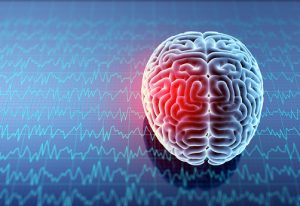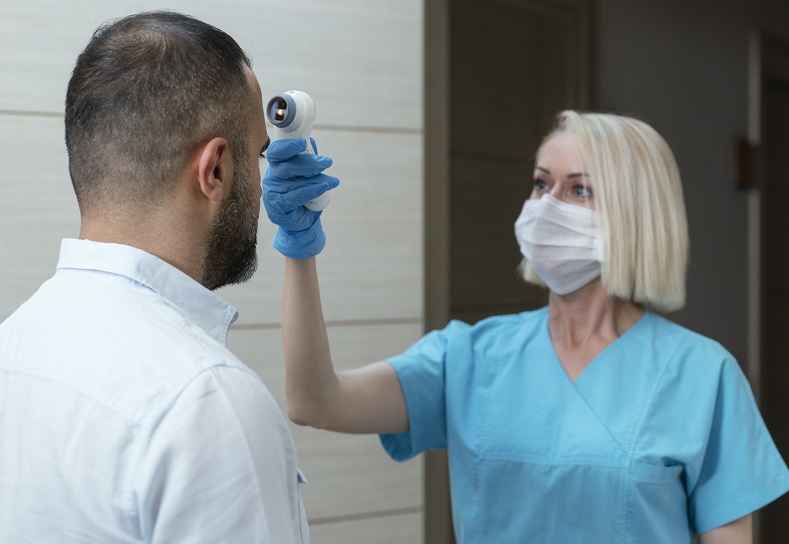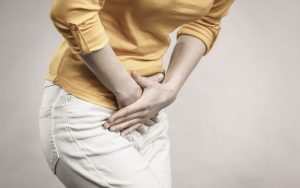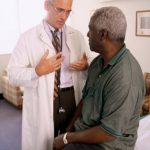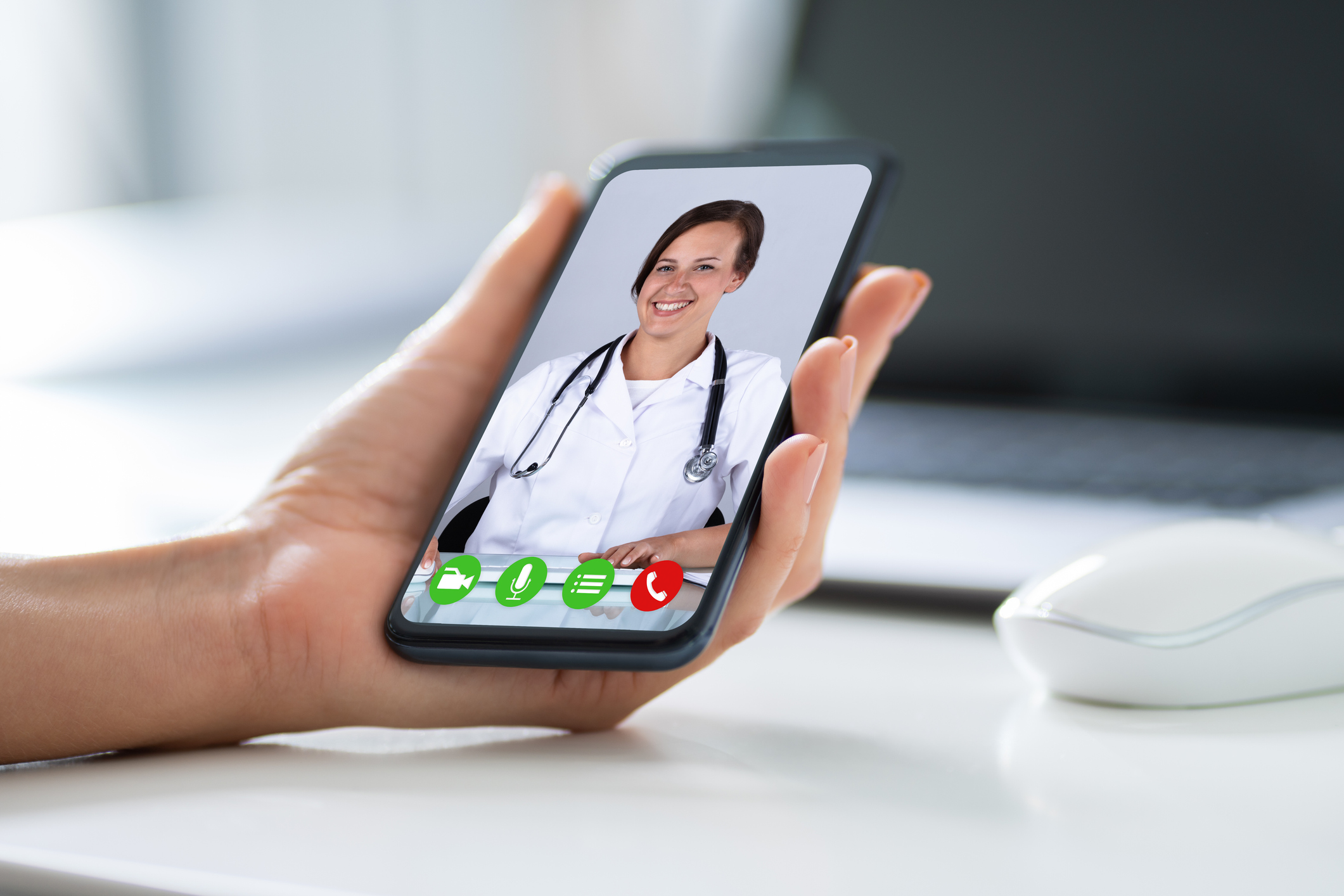 They are less than a centimeter in size, yet they can cause intense discomfort. Kidney stones are one of the most painful urologic disorders, and they occur more frequently during the summer because our bodies loose more water due to sweating, which can result in dehydration.
They are less than a centimeter in size, yet they can cause intense discomfort. Kidney stones are one of the most painful urologic disorders, and they occur more frequently during the summer because our bodies loose more water due to sweating, which can result in dehydration.
Kidney stones are small, hard masses made of mineral and acid salts that develop in the urine. No single factor causes kidney stones, and not everyone is susceptible to them. Several factors often work together to create an environment in which at-risk people develop kidney stones. People most at risk for kidney stones include:
• Adults
• Males
• Those with family or personal history of kidney stones
• Those with personal history of digestive diseases and/or surgery
In general, kidney stones form when the fluid and various mineral and acids that make up urine are out of balance. “With adequate hydration, calcium and other crystal-forming substances properly dissolve in the urine,” says Ricardo Ricciardi, MD, Director of Urology at Flushing Hospital Medical Center.
Although genetics, family history, and some medical conditions can increase your odds of developing kidney stones, you can still play a role in preventing them through the following steps:
• Drink enough water. “If you’re prone to kidney stones, your best defense is to stay hydrated during hot summer months,” says Dr. Ricciardi. “Hot temperatures make your body lose more water than usual, so it is important to replenish it throughout the day, depending on your weight and activity level.”
• Eat less meat. Diets rich in animal protein increase your risk for kidney stones; so try to incorporate other protein sources, such as beans, nuts and seeds, instead.
• Limit your salt intake. Excess salt absorbs water in your system, which can also dehydrate you. Limit your daily sodium intake to 1,500 mg or less by avoiding fast food, reading nutrition labels when you buy groceries, and cooking with less salt and more herbs and spices.
• Drink less caffeine. Even though you may think you are getting enough liquid by consuming caffeinated sodas, coffee, or tea, caffeine is a diuretic, meaning it can dehydrate you.
Sneaking Symptoms
Kidney stones often do not cause symptoms. If the crystals are small enough, they may pass through the urinary tract and out of the body without being felt. If a stone is large enough to attract attention, however, the first symptom is usually severe pain in the backside that begins when the stone moves into the urinary tract, blocking the flow of urine. The pain may later spread to the groin and lower abdomen. Other symptoms include a persistent urge to urinate, painful urination, and pink, red, or brown urine.
Seek medical attention if you have pain accompanied by nausea and vomiting or fever and chills, or if pain is so severe that you cannot sit still or find a comfortable position. If you are experiencing any of the symptoms mentioned, or suspect you have Kidney Stones and would like to schedule an appointment, please contact Dr. Ricciardi at 718-670-5699.
Flushing Hospital Medical Center has reopened many of its healthcare services. To learn about the safety measures the hospital has taken to protect your health, please visit https://flushinghospital.org/our-patients/
All content of this newsletter is intended for general information purposes only and is not intended or implied to be a substitute for professional medical advice, diagnosis or treatment. Please consult a medical professional before adopting any of the suggestions on this page. You must never disregard professional medical advice or delay seeking medical treatment based upon any content of this newsletter. PROMPTLY CONSULT YOUR PHYSICIAN OR CALL 911 IF YOU BELIEVE YOU HAVE A MEDICAL EMERGENCY.


